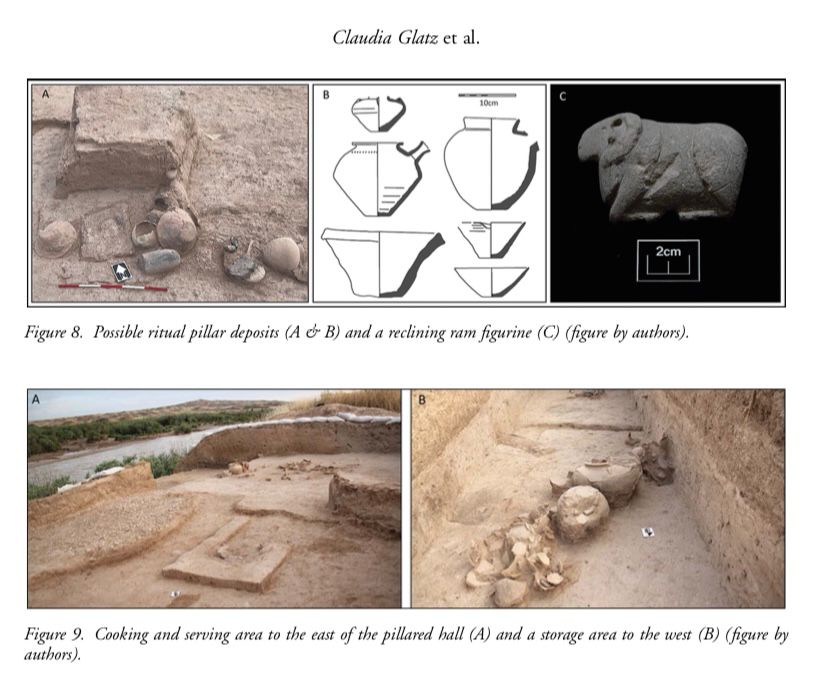In a groundbreaking archaeological study published by Cambridge University, researchers from Glasgow University have uncovered compelling evidence that challenges traditional understandings of early human social structures. The excavation at Kora Mountain in the Kelar District reveals a sophisticated and adaptable prehistoric community that developed innovative ways of organizing labor and social interactions.
Around 5,000 years ago, this community established a unique system of compensation and social organization that defied the typical top-down governance model. Instead of using traditional currency, they exchanged clay pots as payment for labor, suggesting a more flexible and collaborative approach to work and social relationships.
The archaeological team, led by Claudia Glatz, discovered dozens of clay vessels near the Sirwan River, which provided insights into the community’s social dynamics. These artifacts indicate that the settlement was not a rigid, hierarchical society, but rather an adaptable group capable of rejecting systems that no longer served their needs.
Interestingly, the research shows that these early inhabitants maintained sophisticated infrastructure, including sewage systems in their dwellings, demonstrating an advanced level of communal organization. The community appears to have been primarily focused on herding and meat production, with evidence suggesting they kept sheep and goat herds nearby.
Perhaps most significantly, the site shows no signs of conflict or environmental distress during its abandonment. This suggests that the community’s dissolution was likely a deliberate choice, potentially related to their evolving social practices and rejection of established power structures.
The study challenges long-held assumptions about the inevitability of hierarchical governance in early human societies. As Glatz explains, early communities were capable of finding creative ways to resist and reshape central authority, highlighting the complexity and agency of prehistoric social groups.
This research offers a fascinating glimpse into human social evolution, revealing that our ancestors were far more sophisticated, adaptable, and autonomous than previously thought. It underscores the importance of continuous archaeological research in understanding the nuanced ways humans have organized themselves throughout history.
By Muaiyad Ahmed

